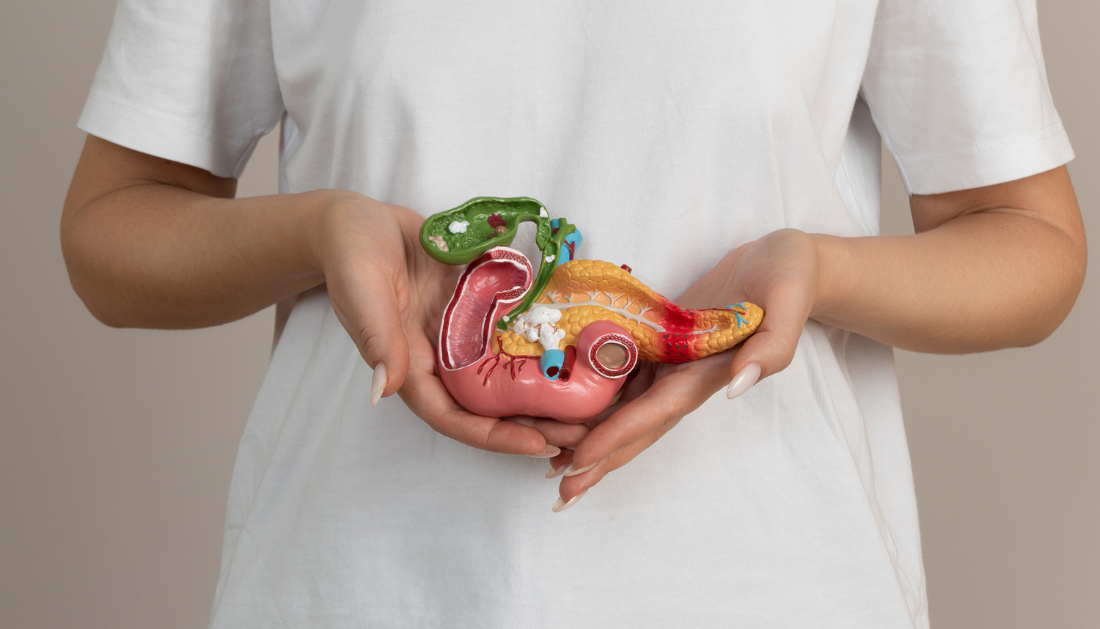

A worldwide cohort of researchers released a new study today in JAMA Network Open that offers the most recent information on the efficacy of treating patients with pancreatic cancer with chemotherapy (with or without radiation therapy) before surgery to remove a tumor. Patients with pancreatic adenocarcinomas are the special subject of the investigation.
Nearly 5% of patients had no cancer cells visible in the tumor’s location following treatment and surgery, a condition known as a pathological complete response (pCR).
PCR means that the cancer has responded extremely well to the treatment, leaving no evidence of cancer in the area examined. Although pCR does not mean someone is cured, patients with pCR tend to live longer.” – Marco Del Chiaro, MD, PhD, paper’s senior author, division chief of surgical oncology at the CU Cancer Center on the University of Colorado Anschutz Medical Campus.
According to the study, the 5-year survival rate for people with pCR was 63 percent, whereas the rate for people without it was only 30 percent. This indicates that with pCR, the survival rate doubles. Patients can use these results to learn more about their prognosis after surgery.
“This increase is a big deal for a disease like pancreatic cancer where progress and treatments have gradually improved over the years but is still much lower than other cancers,” adds Del Chiaro.
The elements that lead to pCR are also covered in detail in the study.
In 19 centers across eight countries and three continents, the researchers evaluated close to 1,760 patients with pathology-proven localized pancreatic adenocarcinoma who had resection following two or more cycles of chemotherapy (with or without radiation therapy).
The particular chemotherapy regimens utilized before to surgery, radiation therapy, and the manner the cancer responded to treatment based on its architecture and biology were among the elements they discovered to be associated with achieving pCR.
“Our ultimate goal is to improve the selection of treatment for patients and enhance prognostic accuracy. We hope this research paper can help oncologists understand the predictors that make patients more likely to achieve pCR and improve survival, including the biological factors that make a tumor more favorable for surgery,” said first author Thomas Stoop, MD, who works at the Amsterdam University Medical Center and former research fellow at the CU Anschutz Medical Campus in the field of pancreatic cancer surgery.
The results imply that it would be advantageous to customize treatment depending on these variables. They do point out that these variables might not apply to all patients equally. One treatment approach (SBRT), for example, was linked to obtaining pCR but not to an increase in the overall survival rate. This demonstrates the difficulty in making treatment decisions and the need for additional studies to confirm these conclusions and comprehend how broadly they may be applied to other patient populations.
“Although there are a lot of complexities in understanding and improving treatments for pancreatic cancer, I’m hopeful for the future and this study is part of the reason why. Researchers working together worldwide to provide more in-depth data strengthens our ability as doctors and researchers to provide better treatment plans and breakthroughs to help our patients,” said Del Chiaro.
For more information: Pathological Complete Response in Patients With Resected Pancreatic Adenocarcinoma After Preoperative Chemotherapy, JAMA Network Open, doi.org/10.1001/jamanetworkopen.2024.17625
more recommended stories
 High-Fat Diets Cause Damage to Metabolic Health
High-Fat Diets Cause Damage to Metabolic HealthKey Points Takeaways High-fat and ketogenic.
 Acute Ischemic Stroke: New Evidence for Neuroprotection
Acute Ischemic Stroke: New Evidence for NeuroprotectionKey Highlights A Phase III clinical.
 Statins Rarely Cause Side Effects, Large Trials Show
Statins Rarely Cause Side Effects, Large Trials ShowKey Points at a Glance Large.
 Anxiety Reduction and Emotional Support on Social Media
Anxiety Reduction and Emotional Support on Social MediaKey Summary Anxiety commonly begins in.
 Liquid Biopsy Measures Epigenetic Instability in Cancer
Liquid Biopsy Measures Epigenetic Instability in CancerKey Takeaways Johns Hopkins researchers developed.
 Human Antibody Drug Response Prediction Gets an Upgrade
Human Antibody Drug Response Prediction Gets an UpgradeKey Takeaways A new humanized antibody.
 Pancreatic Cancer Research: Triple-Drug Therapy Success
Pancreatic Cancer Research: Triple-Drug Therapy SuccessKey Summary Spanish researchers report complete.
 Immune Cell Epigenome Links Genetics and Life Experience
Immune Cell Epigenome Links Genetics and Life ExperienceKey Takeaway Summary Immune cell responses.
 Dietary Melatonin Linked to Depression Risk: New Study
Dietary Melatonin Linked to Depression Risk: New StudyKey Summary Cross-sectional analysis of 8,320.
 Chronic Pain Linked to CGIC Brain Circuit, Study Finds
Chronic Pain Linked to CGIC Brain Circuit, Study FindsKey Takeaways University of Colorado Boulder.

Leave a Comment